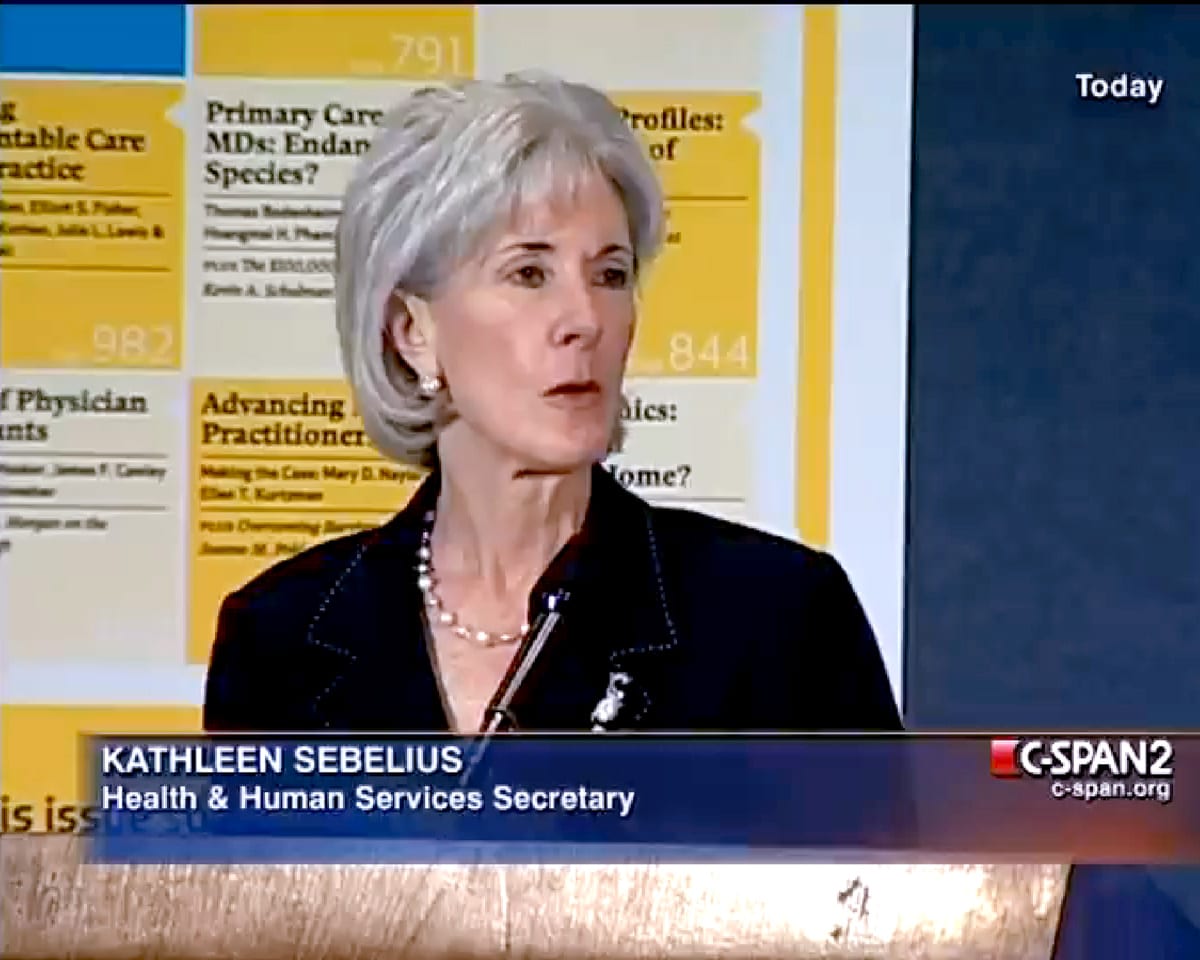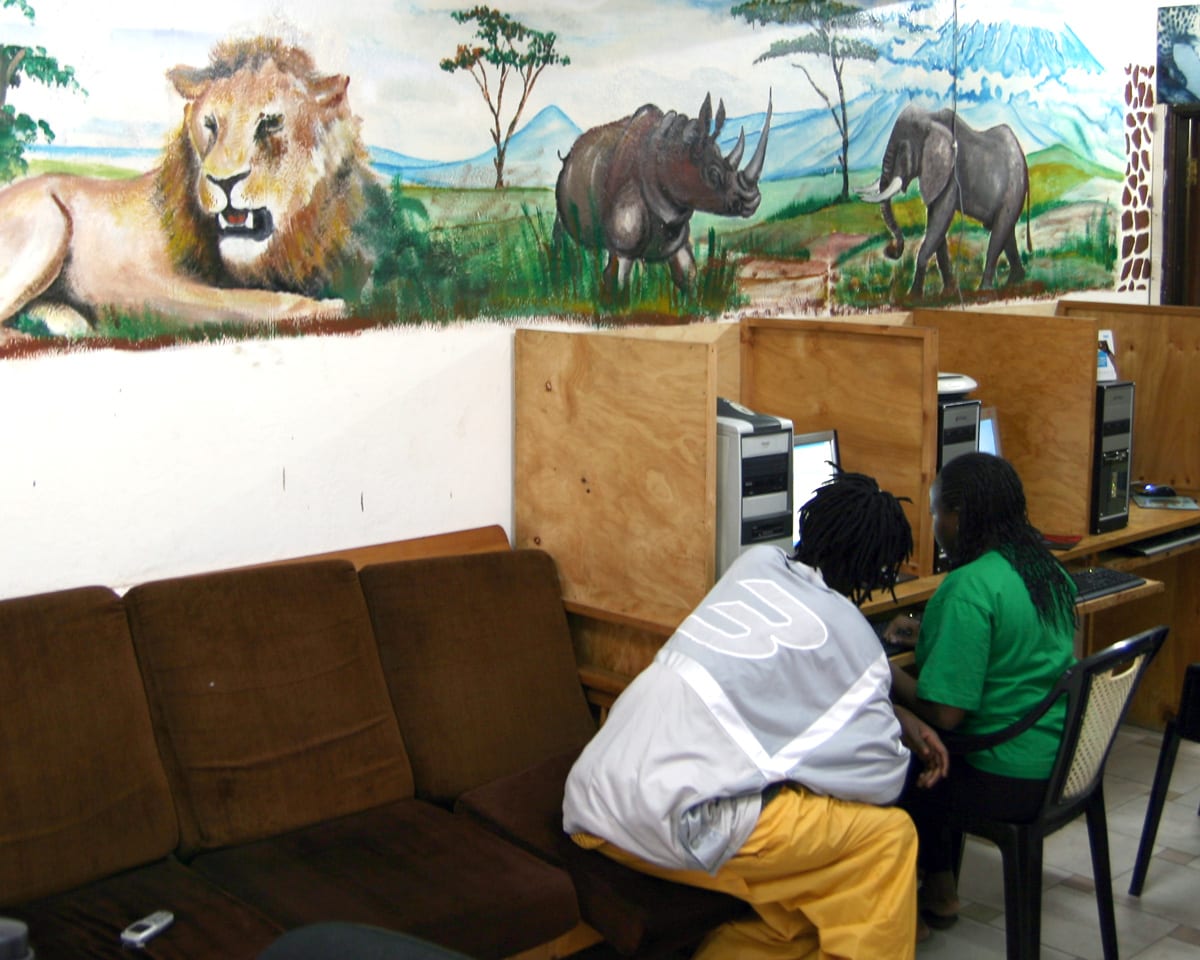Media Relations Posts
Nonprofit Insurance Giant Hoards Millions in Surplus Cash
Health insurance costs continue to rise, hitting consumers with high premiums and co-pays despite the downturn in the economy. Adding insult to injury, a new report from Consumers Union (a Burness client) has found that over the past decade, nonprofit Blue Cross and Blue Shield (BCBS) health insurers accumulated vast amounts of surplus cash.
Live from the Federal Reserve: Healthy Communities Conference
Today at the Federal Reserve in Washington, D.C., a unique event is in progress: leaders from the health, finance and community development sectors are coming together to discuss how their collaboration could help build healthier communities.
Rethinking the Mission of Medical Schools

As the U.S. girds for an influx of newly-insured patients under health reform, attention is shifting to whether medical schools are producing doctors that meet the country’s health care needs. Helping to spark this debate is a recent study that ranks U.S. medical schools in a new, provocative way: on the extent to which they produce doctors who practice primary care, work in underserved areas, and are minorities.
Debating the Future of Journalism
In a digital world, are investigative reporting and hard-hitting journalism endangered, or just evolving?
Debunking the “Model Minority” Myth
In this first-ever issue of a major public health journal devoted to Asian American, Native Hawaiian and Pacific Islander populations, an array of new research highlights alarming disparities.
Honoring Environmental Research That Could Change the World
This month, the Tyler Prize for Environmental Achievement recognized two extraordinary conservationists grappling with precisely these issues. Dr. Laurie Marker of the Cheetah Conservation Fund and Dr. Stuart Pimm of Duke University will join environmental superstars like E.O. Wilson and Jane Goodall as Tyler Prize Laureates. (Burness works with the Tyler Prize.
Confronting America’s Primary Care Shortage

The shortage of primary care providers is well-publicized. But, as studies in the May issue of the health policy journal Health Affairs point out, recruiting more primary care doctors, nurse practitioners, and physician's assistants to fill that void is only part of the solution.
In Kenya, a New Media Generation

While many in Kenya still lack access to electricity, a vibrant blogging and social networking scene is emerging from Nairobi.
Making Gene Patents Work for Patients
Two decades ago, the controversial decision to allow patents on human genes sparked a genetic gold rush. Corporations and universities rushed to file a flurry of claims on genes linked to specific diseases like breast cancer and Alzheimer's. Since then, the patents themselves have invited plenty of criticism, but recently it’s the exclusive licenses often granted to companies developing diagnostics tests that have come under fire as anticompetitive – and damaging to patient care.
Costly, Preventable—and Sometimes Fatal
The threat of hospital-acquired infections (HAIs) is not news. Hospitals, policymakers and advocates have known for years: sometimes, patients can pick up dangerous infections in the very places they came to get well. But who’s to blame when patients die in the hospital?
